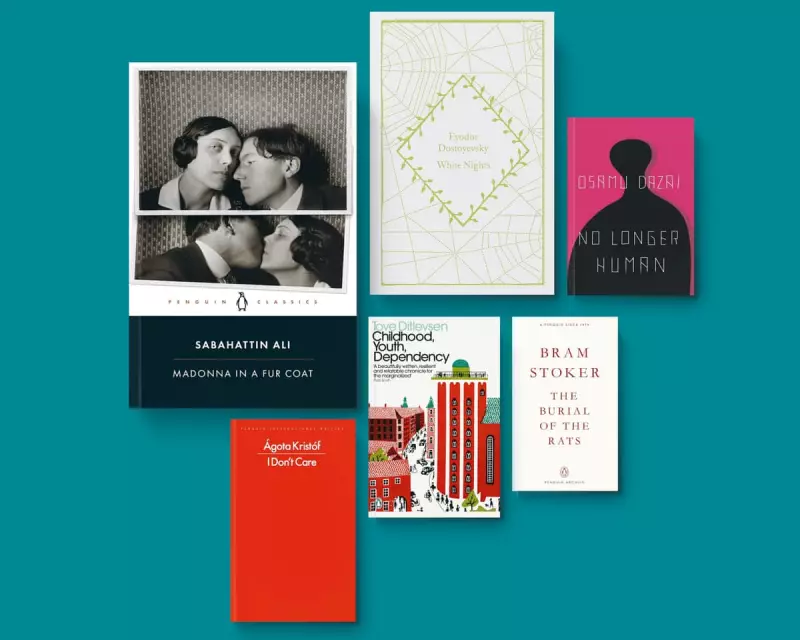
In an era of constant digital stimulation and political turbulence, readers are turning toward an unexpected source of comfort: profoundly sad literature. The trend for what some are calling 'sad girl books' or literary angst represents a fundamental shift in how we approach emotional experiences through reading.
The Catharsis of Shared Sorrow
Modern readers aren't seeking escapism in their book choices—they're pursuing something far more profound. The current appetite for emotionally challenging literature speaks to a collective desire for authentic human experience and emotional validation.
"There's a strange comfort in seeing your own sadness reflected back at you," explains Dr Eleanor Vance, a literary psychologist at University College London. "When readers encounter characters navigating grief, depression, or existential crisis, it normalises their own complex emotions. It's not about wallowing, but about finding connection through shared human experience."
Beyond Entertainment: Books as Emotional Mirrors
Contemporary authors like Sally Rooney, Ottessa Moshfegh, and Hanya Yanagihara have built careers exploring the intricate landscapes of emotional distress. Their success suggests readers are hungry for narratives that don't shy away from life's darker moments.
"It's not just a book—it's a window to my soul," says Maya, a 28-year-old marketing manager from Brighton. "Reading about characters who struggle with the same anxieties and disappointments I experience makes me feel less alone. There's a peculiar solidarity in literary sadness."
The Social Media Paradox
Ironically, the trend has flourished alongside the curated perfection of social media platforms. While Instagram feeds showcase idealised lives, bookshelves are filling with raw, unvarnished emotional truth.
BookTok and literary Instagram have become unexpected champions of this movement, with users creating emotional support networks around challenging reads. The hashtag #sadgirlbooks has garnered millions of views, creating communities where vulnerability is celebrated rather than hidden.
Why Sad Stories Feel So Good
Psychologists suggest several reasons why emotionally difficult literature resonates so deeply:
- Emotional Preparation: Reading about challenging situations provides a safe space to process potential future hardships
- Cathartic Release: Experiencing strong emotions through fiction can provide psychological relief
- Perspective Gaining: Seeing characters navigate crisis helps readers reframe their own struggles
- Connection Building: Shared emotional experiences create bonds between readers
As one reader perfectly captures the sentiment: "In a world that constantly tells us to be happy, these books give us permission to be human."





